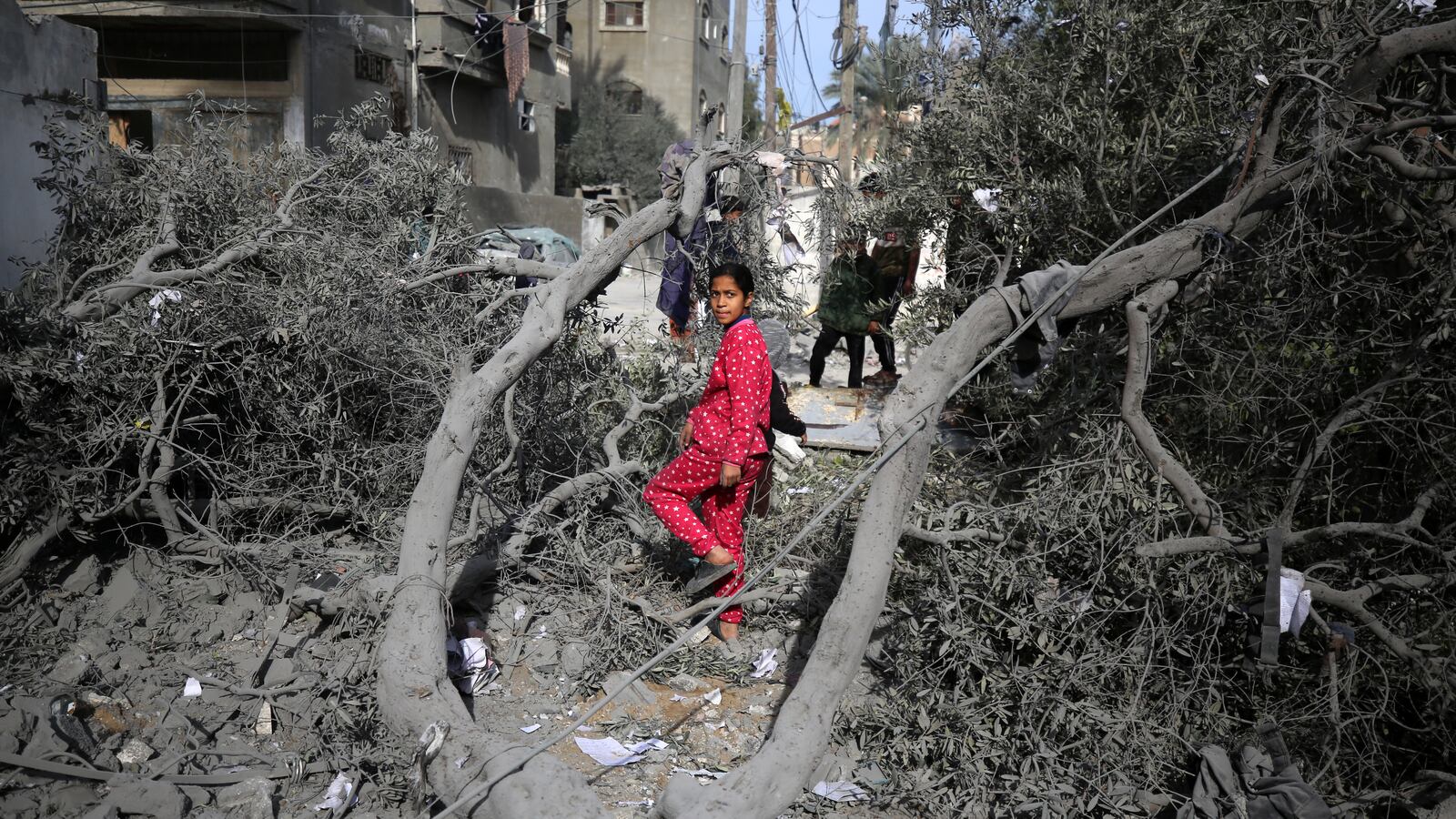High-stakes talks being held in Egypt by multiple international delegations in the hopes of brokering a ceasefire between Israel and Hamas seemingly hit a snag on the second day, with Benjamin Netanyahu reportedly ordering his negotiators to refrain from taking part.
The Israeli prime minister’s heel-turn, reported on Wednesday by Israeli media outlets, comes after he denounced Hamas’ “delusional demands.” His office did not directly confirm or deny the reports when asked by The New York Times, instead issuing a statement noting that only a “change in Hamas’ position will allow the negotiations to advance.”
The reports that Netanyahu told his team not to return to Cairo infuriated some families of the Israeli hostages who remain in Gaza. “This is a scandalous decision that amounts to a death sentence and deliberate sacrifice of the 134 hostages languishing in Hamas’ tunnels,” Liat Bell Sommer, a spokesperson for the Hostage and Missing Persons Families Forum, told The Washington Post.
Members of the group gathered outside of Netanyahu and other Israeli officials’ homes to protest on Wednesday evening, according to the Times.
Israel and Hamas have blamed one another as talks seemingly reach an impasse. Netanyahu’s office accused Hamas of failing to present “any new proposal” for hostage release, while a senior Hamas official told the Associated Press that Israel had brought a proposal to the table that diverged from previously agreed-upon concessions.
Officials have said that Israel and Hamas remain far apart on key details necessary for any ceasefire to go ahead, including how long it could last, and how many hostages might be swapped for how many Palestinian prisoners being held in Israel.
Talks on Tuesday had ended inconclusively after CIA Director William Burns met with Israeli, Egyptian, and Qatari officials. (The U.S., Qatar, and Egypt are acting as mediators between the two sides.) Negotiations are expected to continue for at least two more days, however, and other parties remain optimistic.
“According to our side, the Egyptian side, it is very positive,” a former Egyptian defense official briefed on the talks told the Post, adding that Hamas is “trying to be more flexible this time.” U.S. National Security Advisor Jake Sullivan was cagier, telling reporters on Wednesday that he couldn’t speak “to the specific tactics of a meeting on any given day.”
“But the direction of travel has got to be everybody doing everything they can, including the government of Israel, to try to reach a deal that is good for Israel and is good for regional security,” Sullivan said.
The urgency of the negotiations has only compounded as Israel’s planned ground invasion of southern Gaza looms. The United Nations warned this week that any incursion into Rafah, where 1.4 million Palestinians fleeing conflict in the northern part of the Strip have gathered, “could lead to a slaughter.”
A previous ceasefire in November was successfully brokered and held for six days before it collapsed, with 105 hostages being released by Hamas. In return, Israel freed 240 Palestinian detainees, nearly half of whom were under 18.
More than 28,500 people have been killed in Gaza since the war began last October, with nearly 70,000 injured, according to the Hamas-controlled Palestinian Health Ministry.






